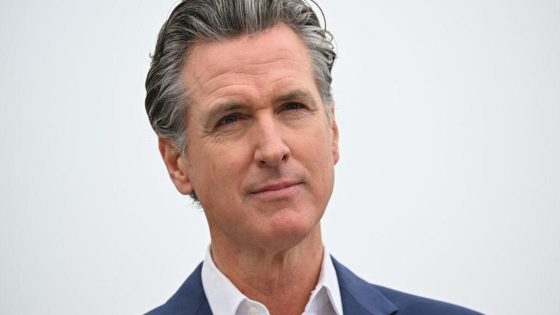After some delay, AST SpaceMobile is finally ready to launch its first batch of commercial satellites on Thursday, Sept. 12.
The company today confirmed the launch is scheduled for 4:52 a.m. EST from Cape Canaveral, Florida, pending weather conditions.
The goal is to send up five “BlueBird” satellites—each with the world’s largest communications array—so they can relay high-speed internet to unmodified smartphones on the ground. Back in 2022, the company launched a prototype satellite, which has been able to beam internet speeds up to 21Mbps and power video calls over phones.
Texas-based AST SpaceMobile originally sought to launch the first batch of BlueBirds in Q1, but a supply chain issue delayed work on the satellites, which span 700 square feet each.
The technology is designed to offer mobile carriers a way to serve users in cellular dead zones, ensuring a phone can remain connected even off the grid. Although the BlueBird satellites are exceptionally large, AST SpaceMobile needs to launch between 45 to 60 of them before the company can offer “continuous” coverage in the US. Still, the first five BlueBird satellites will be enough for it to offer a “non-continuous” beta service to US customers with AT&T and Verizon — AST SpaceMobile’s two major investors on the project.
“This initial service, based on premium low band spectrum, is planned to support beta test users for AT&T and Verizon, and will target approximately 100% nationwide coverage from space with over 5,600 coverage cells in the United States,” AST SpaceMobile added in the announcement. The beta tests could start as soon as this December.
To launch the BlueBird satellites, the company is using a Falcon 9 rocket from SpaceX —which ironically is developing its own cellular satellite system through Starlink. In SpaceX’s case, the company aims to launch the cellular Starlink system this fall for T-Mobile customers.
The growing competition promises to unleash a new era of satellite-based communications on today’s smartphones. But both SpaceX and AST SpaceMobile still need to secure approval from the FCC before they can begin offering commercial service over the satellites. The regulatory scrutiny has sparked a feud between SpaceX and AT&T and Verizon over concerns the Starlink technology may interfere with their own cell networks.
In response, SpaceX CEO Elon Musk has been touting the benefits of the cellular Starlink system, including how it’ll be able to serve users across all carriers following a one-year exclusivity period with T-Mobile.
Source Agencies



